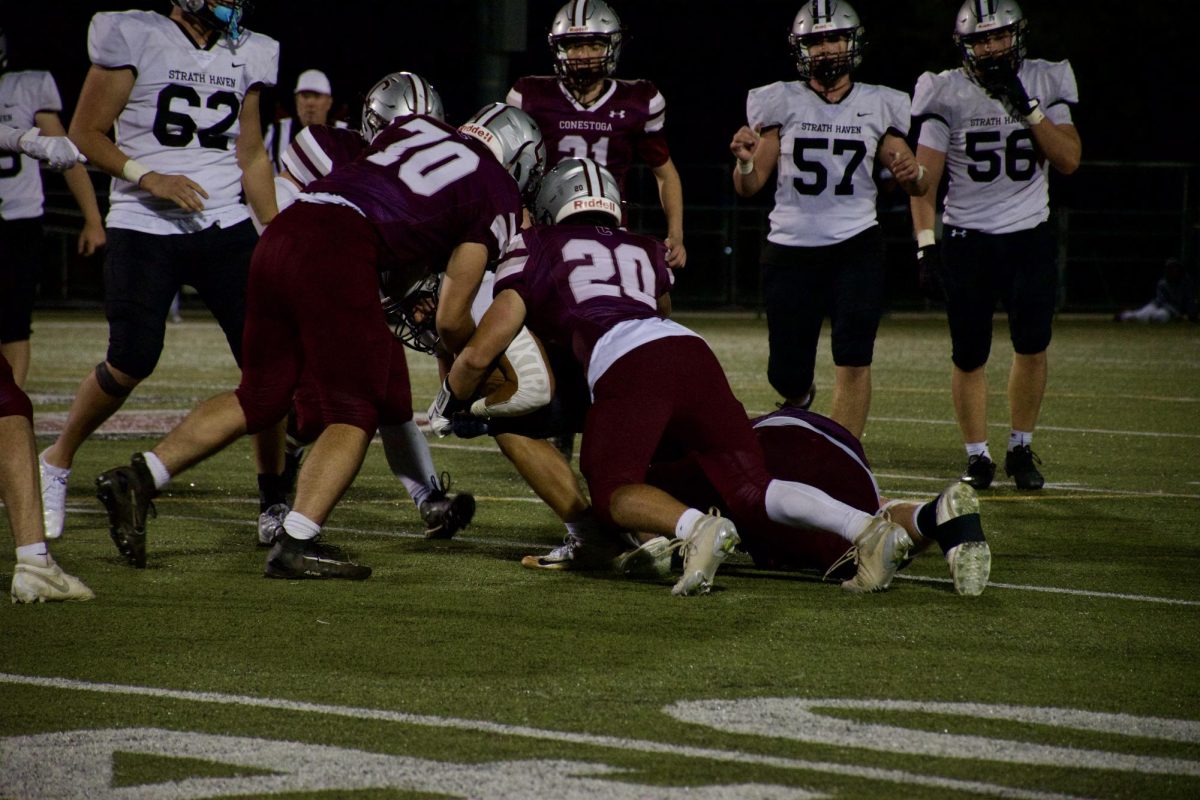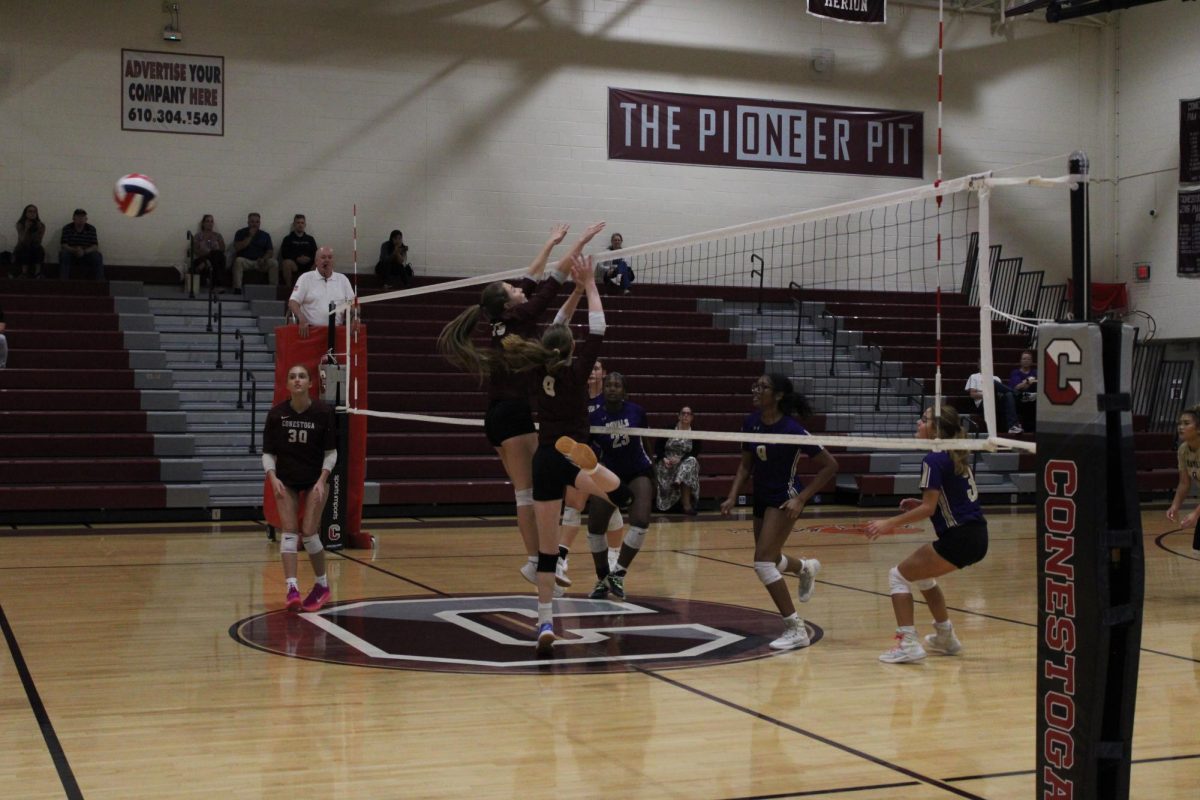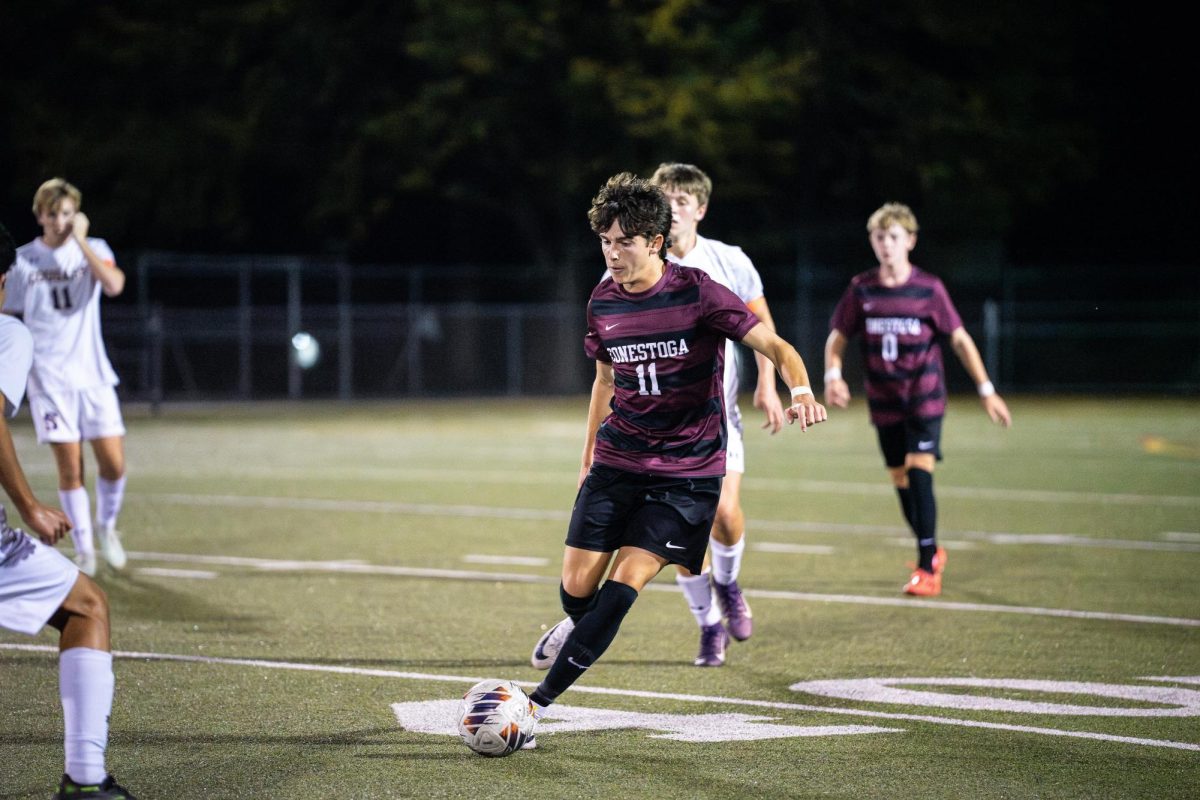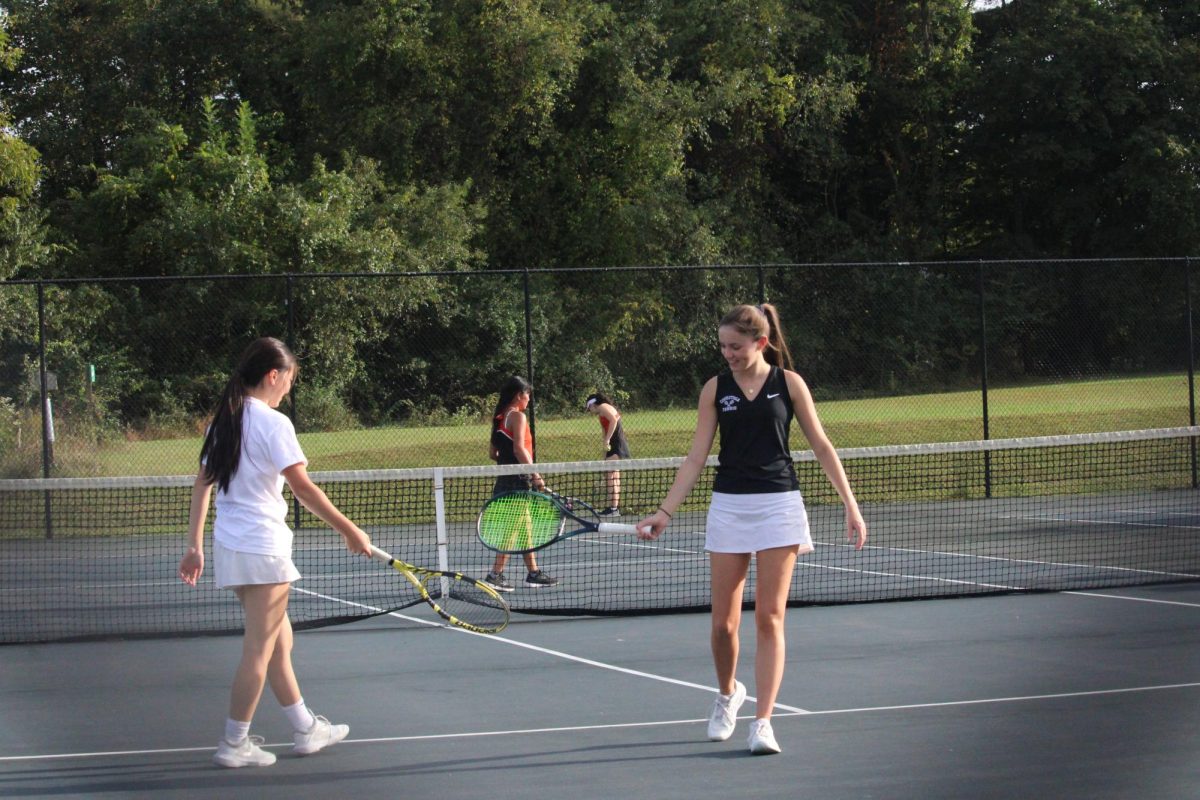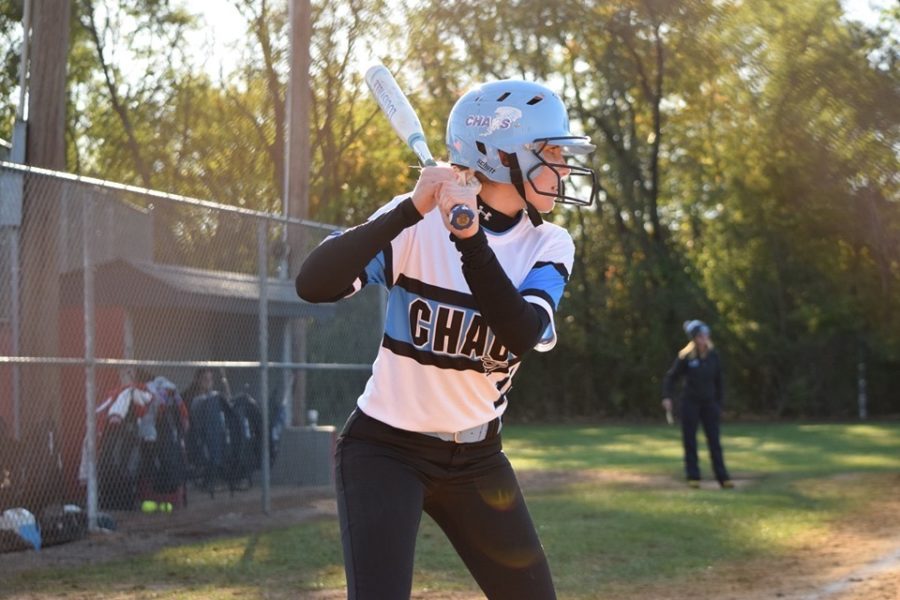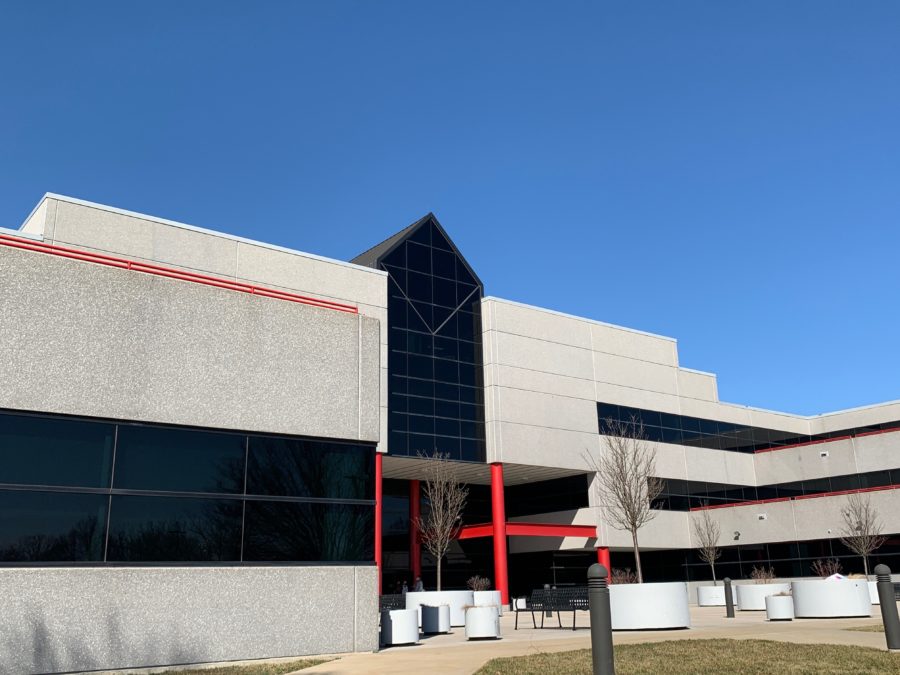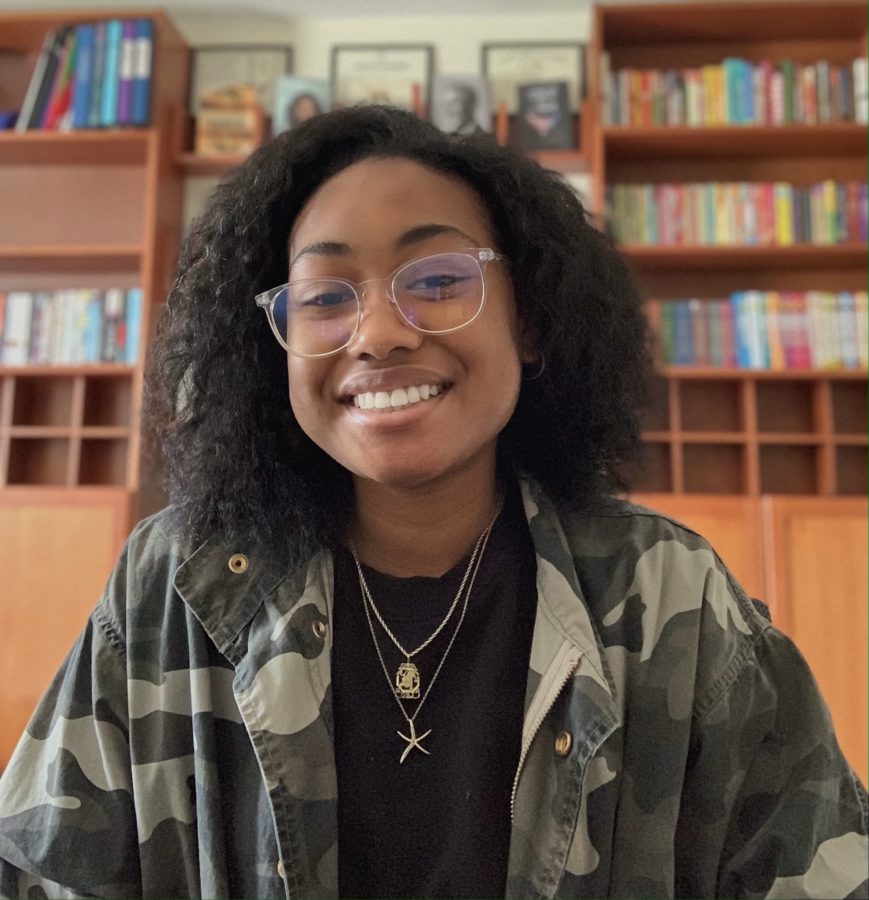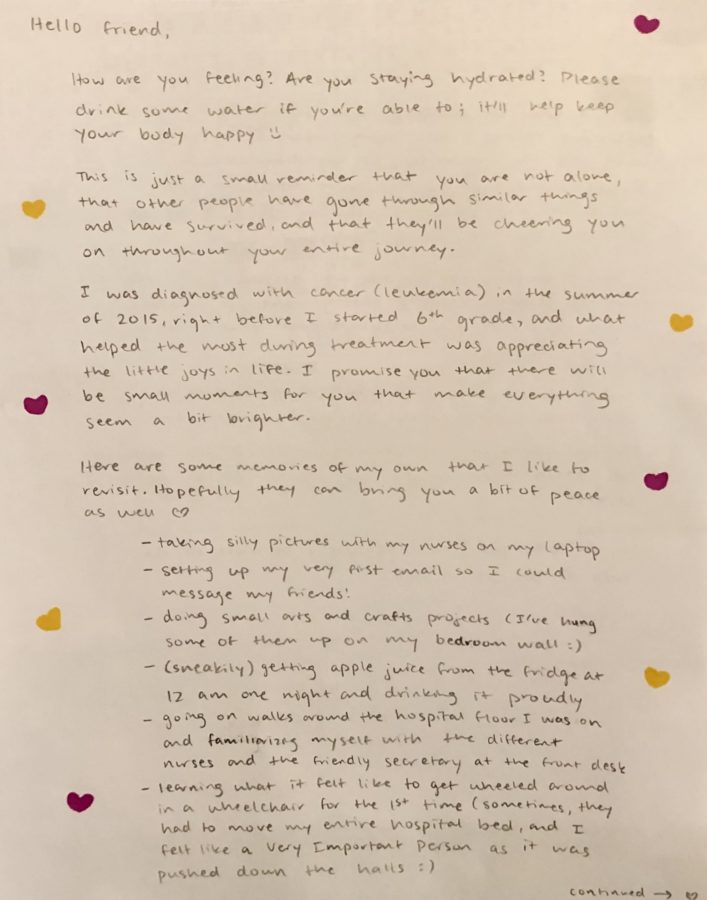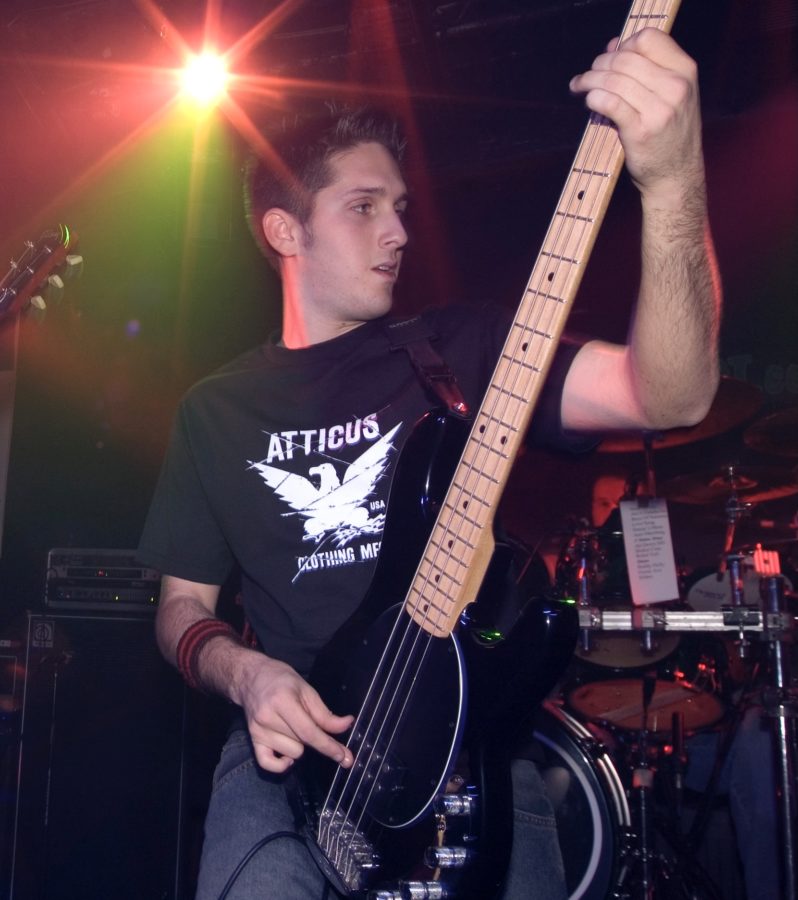By Reese Wang and Abby Bagby, Managing Editor and Staff Reporter
Junior Lily Wolfe had planned to spend this past summer going to field hockey clinics at schools in which she had interest as well as playing in showcases and tournaments.
However, the NCAA’s Division I recruiting dead period, implemented in March 2020 and currently extended until early 2021, threw a wrench into Wolfe’s plans. The dead period bans all in-person interaction between Division I coaches and prospects, only allowing virtual contact such as through email, text, social media or video calls.
As a result, only Division III coaches could attend Super 60, a three-day field hockey camp typically coached by college coaches from all divisions. While clips from the tournament could be sent to Division I coaches, Wolfe, who hoped to play for a Division I school and is currently verbally committed to Quinnipiac University, believes her experience was hindered by the fact that only Division III coaches were present.
“I wanted to see how the coaches coached me, how I felt with the coaches and if I liked the coaching style, but I couldn’t do that. They could only watch me instead of the other way around, you watching them,” Wolfe said.
Likewise, senior and softball player Kate Clement planned on meeting coaches during various softball showcases and tournaments. Due to the dead period, no coaches attended in-person, and her tournaments were instead streamed on athletesgolive.com, a website that hosts amateur sports streams. Clement, who is committed to Franklin and Marshall College, also made highlight compilation videos from her tournaments to send to coaches who couldn’t attend.
Since official and unofficial visits to schools are also banned during the dead period, coaches had to rely on Zoom and other forms of virtual communication to convey information to the prospects. Although senior and boys lacrosse player Andy Marquet thought the information was similar to what he would’ve gotten in person, he believes the main difference was that he couldn’t get a feel of the people in the school.
“It’s just different when you’re shaking hands with someone and really getting a feel for them as a person,” Marquet said. “You can kind of soak in the atmosphere of the school.”
Marquet dreamed of playing for a Division I lacrosse program, but ultimately decided to commit to Division III Gettysburg College. Part of his decision came from the fact that he couldn’t visit any Division I schools, who wanted a decision within two weeks, during the dead period.
“I wasn’t able to make a decision on those schools that would put that (two week) time limit on me without seeing other schools. And since I couldn’t see the other schools because of the pandemic, I was basically forced to say, ‘Sorry, I don’t know if I can say yes to you without knowing about the other options,’” Marquet said.
Wolfe, who believes she could’ve made her verbal commitment faster with the opportunity to tour campuses, had similar hesitations when deciding on a school.
“I’m like, ‘Oh, well maybe I want to see it one more time,’ or ‘Oh, I don’t actually know the coaches that well, because I’ve only done one clinic there.’ There’s some things that I wish I could clear up. I don’t know some things that I need to know before I decide on the place I’m gonna spend the next four years at,” Wolfe said.
For Clement, though, her decision to commit to Franklin and Marshall College, a liberal arts school with a student population of 2,315, was influenced by its COVID-19 reopening plan to reopen in-person for some students.
“I really thought that I didn’t want to go to a small school, but (COVID-19) changed that for me. I just decided that (the size of a school) wasn’t really what mattered to me; if it gave me a better chance of going back to school, then I would take it,” Clement said.
Clement urges others currently in the recruiting process to use social media to reach out to coaches. She believes that building a strong digital platform is vital in the COVID-19 recruitment process.
“Email as much as possible. Use Pinterest, Twitter, Instagram,” Clement said. “Call coaches. Ask questions that show you’re interested in the program. You don’t need (to be) in person to be able to connect with coaches.”



















































